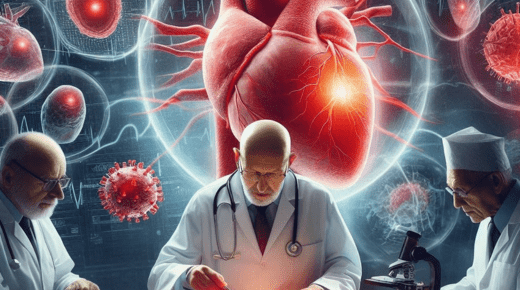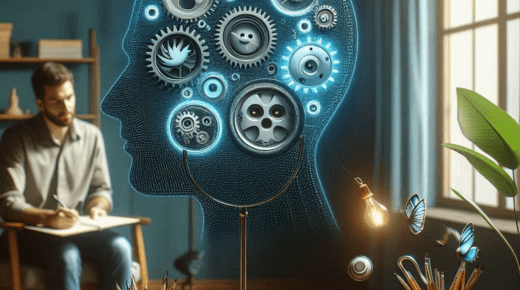Welcome to a journey through the last decade in cardiology. We have seen great strides in heart health, from pacemakers to patches. Yet, one might find it surprising that the spider veins Manhattan episode stands out. This humble breakthrough, along with others, has reshaped our approach to heart health. In this blog, we will discuss the top advances in cardiology. From tiny threads in the Big Apple to major medical shifts, let’s delve into the heart of the matter.
1. Personalized Heart Models
Custom heart models make surgery less daunting. Doctors use 3D printers to create models of patients’ hearts. They plan surgeries on these models. This reduces the risk of complications.
2. Absorbable Heart Stent
The absorbable heart stent is a game changer. It widens blocked arteries. But unlike traditional stents, it dissolves in about three years. This reduces the risk of long-term complications.
3. The Spider Veins Episode
The spider veins episode showed us a new way of treating spider veins. This method is less painful and more effective than traditional methods. It also has a shorter recovery time.
4. Heart Patches
Heart patches provide new hope for heart attack victims. They help regenerate heart tissue. This could mean a new lease of life for many patients.
5. Wireless Pacemakers
Wireless pacemakers are a big leap forward. They are less invasive and more comfortable than traditional pacemakers. They also allow for more accurate tracking of heart health.
Comparison Table
| Advancement | Benefits |
| Personalized Heart Models | Safer surgeries with less complications |
| Absorbable Heart Stent | Effective artery widening without long-term complications |
| Spider Veins Episode | Less painful, effective treatment with shorter recovery time |
| Heart Patches | Promising regeneration of heart tissue for heart attack victims |
| Wireless Pacemakers | Non-invasive, more comfortable with accurate tracking of heart health |
The past decade has been pivotal in cardiology. From personalized heart models to wireless pacemakers, the advancements are promising. They have the potential to save millions of lives. The journey continues, and we keep watching with hope. More information can be found on these breakthroughs on the National Institutes of Health page.




